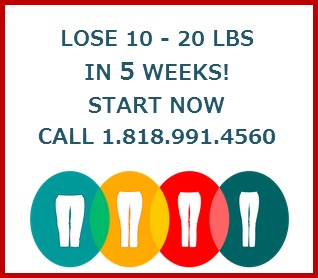Here is an excerpt from an article I wrote for Delicious Magazine several years back.

Savor holiday sweets while maintaining blood-sugar balance. Imagine a person eating their body weight in sugar in a single year. This could be hard to believe. But as the holidays approach — along with all the pies, cookies, pastries and other treats that come with them — the idea becomes very real. And, amazingly enough, it’s true. The average American ingests nearly 150 pounds of sugar each year from sodas, candies, cookies and other sweets. The body also turns refined carbohydrates, such as pasta and bagels, into simple sugars — another cause of what some people call sugar shock.
The phenomenon of sugar shock develops when we give ourselves that sugar “buzz.” It occurs after eating too many simple sugars, which go directly into the bloodstream and wreak havoc on blood-sugar levels. After the inevitable crash, the body again craves sugar to boost energy, resulting in an unhealthy spiral.
The problem arises because, although sugar cane and sugar beets come from the Earth, modern-day refining processes leave an unnatural form of sugar remaining. Sugar, or refined sucrose, loses 90 percent of its fiber and protein to processing. Unfortunately, our modern diet is pervaded with simple or refined sugars. And the repercussions go beyond the buzz and bust of wildly fluctuating blood-sugar levels. While you’re nibbling at another irresistible corner of pecan pie and washing it down with a glass of wine, here’s what’s happening in your body:

When blood sugar is too low, the adrenal glands and the pituitary gland secrete hormones that stimulate the liver to release glycogen. In the body, sugar is converted and stored as glycogen. In healthy individuals, this system works beautifully; however, when it’s dysfunctional these swings can create problems. Too much or too little of either hormone stresses the body. For example, highly refined foods, including sugar and white flour, can affect the pancreas’ ability to regulate blood-sugar levels. Impaired insulin secretion can lead to potential disease states, chief among them Type II diabetes.
The Balancing Act
Since sugar, in whatever form, is a fact of modern life — especially during the holidays — supplements can help address blood-sugar problems. The four supplements listed below help balance sugar metabolism and blood-sugar levels and block sugar absorption.
1) L-glutamine is an amino acid shown to prevent the development of blood sugar imbalance also known as glucose regulation problems.
2) Chromium is a mineral that helps regulate blood-sugar levels.
3) Gymnema sylvestre is an Indian ayurvedic herb commonly used by diabetics.

4) Alpha-lipoic acid is a highly potent antioxidant. It is known to improve glucose utilization and improve nerve disease caused by diabetes. For those suffering from Type II diabetes this supplement helps them be less insulin resistant.
Making better food choices can solve most blood-sugar problems. For example, proteins, fats and complex carbohydrates — such as those found in beans, fruits and vegetables — are digested more slowly, thus providing a more sustained sugar supply. But during the next few festive months when sweet temptations abound, incorporate a supplement regimen to avoid both erratic blood-sugar levels and the usual holiday highs and lows.













